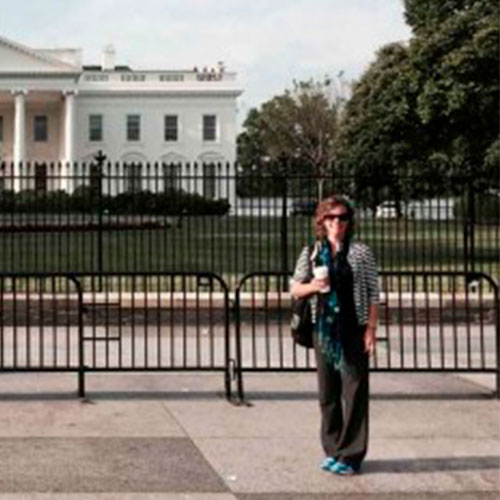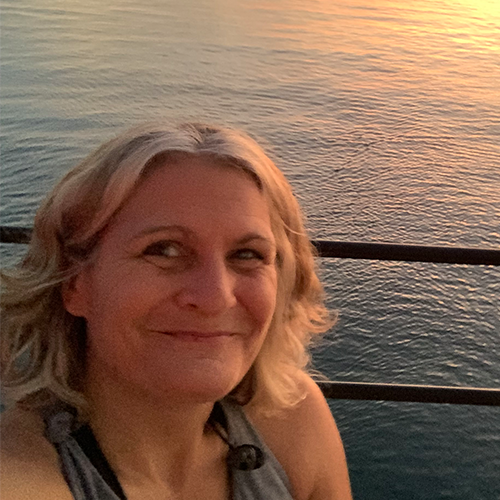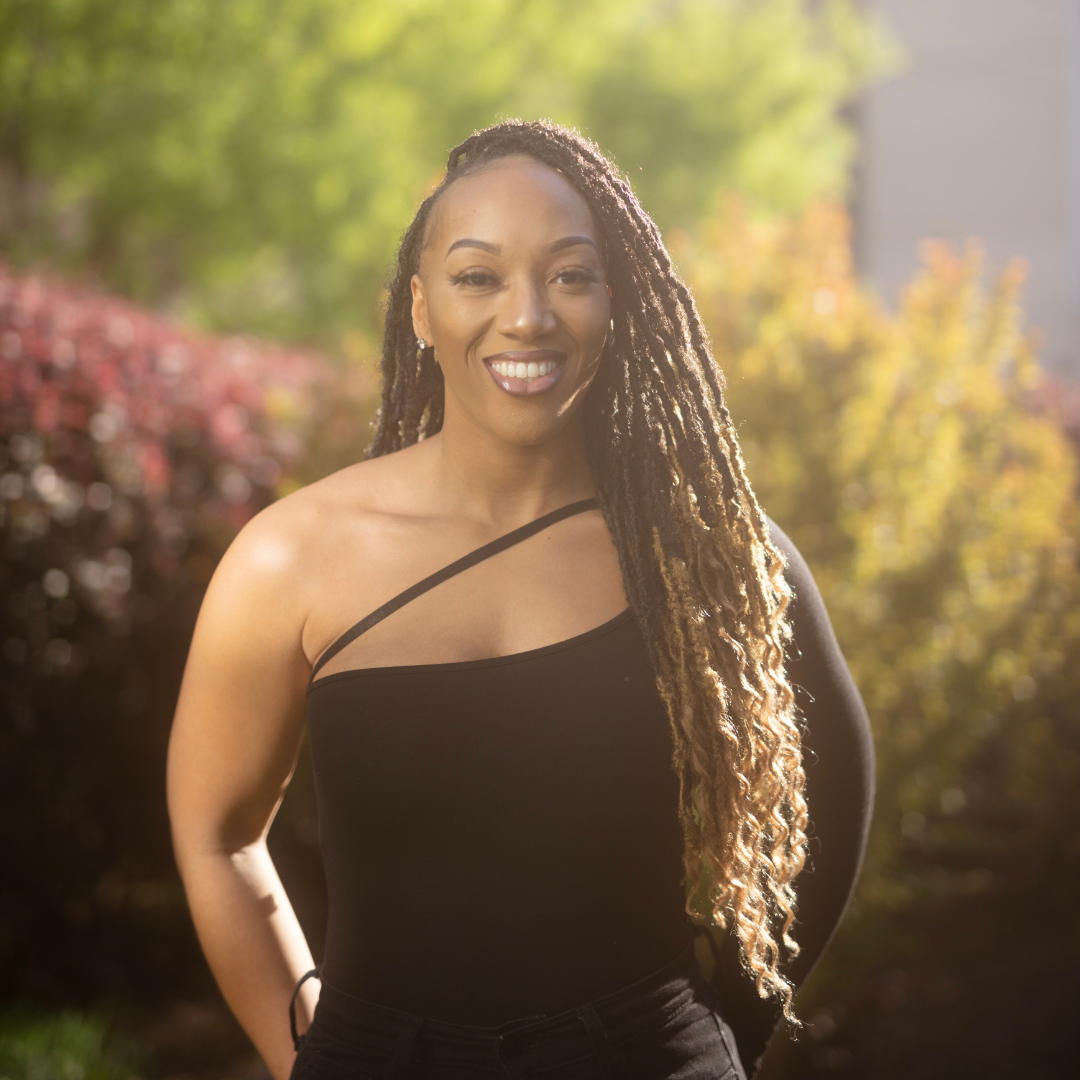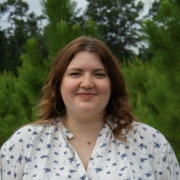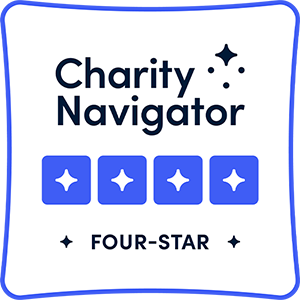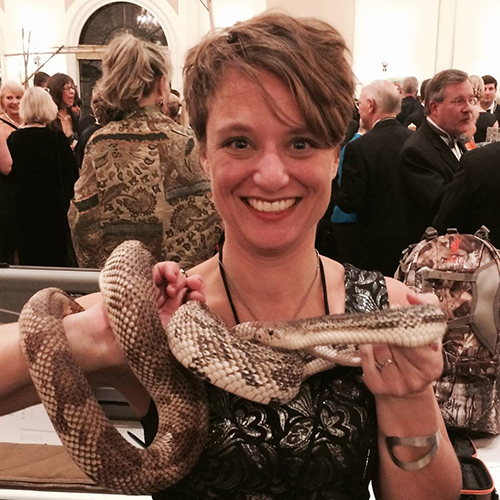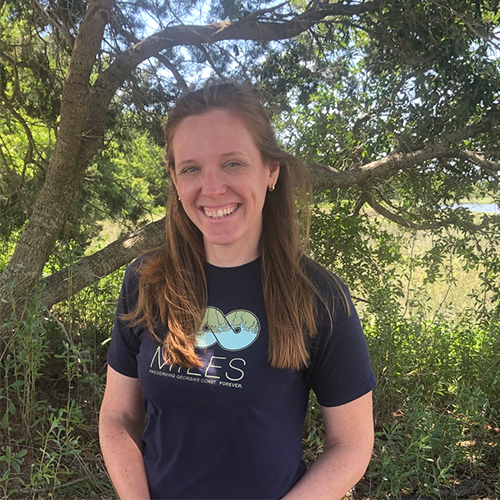Crafting a Comprehensive Plan
Throughout the process, community members share their vision for the future, create a plan for achieving that vision, and determine necessary strategies. Successful plans provide guidance for their community in the years ahead. Creating a high-quality plan requires ample public engagement, regional partnerships, identification of attainable funding, budgeting with specificity, and appropriate zoning amendments.
It is also vital that once the plans are adopted, county and city officials are held accountable to the vision and regulations set forth in the plan. While some of the counties below may no longer be actively reviewing their Comprehensive Plans, it is good to know what plans your leaders claim to support. You can then encourage them to stick to the plan and call them out when they diverge from it.
How do I get informed and involved?
Understand the timing of your local planning process using the GA Dept. of Community Affairs’ Office of Planning tool.
Every county is required to have a legal organ publication, a local newspaper or journal that publishes public notice advertisements (ex. city/county commission meetings). Find your local legal organ here.
Learn more about these elements of planning and zoning:
Smart Growth • Mixed-use Zoning • Land Use Strategies • Greenspace Preservation
We encourage you to consider running for local office, where you can directly impact these decisions.
Find your county in the tabs below for more information including local resources and relevant action steps.
The Art of Showing up
A conversation with Anita Collins and William Kitts of the Urbana/Perry Park NPA
The Urbana / Perry Park Neighborhood Planning Assembly (NPA) is “a neighborhood grassroots advocacy organization” in Brunswick, GA. Current Chair William Kitts describes the NPA as a “very strong and robust representation of the neighbors and stakeholders that live within our boundaries.” Vice Chair Anita Collins frames the NPA as an opportunity for “the real stakeholders—the ones impacted but not being recognized” by public officials, elected or non-elected—to be heard and engage in the planning and neighborhood improvement process.
We recently had a conversation with Mr. Kitts and Ms. Collins about what it means to actively craft your community, including the importance of “showing up,” listening to all stakeholders (even when it’s hard), and the true meaning of community leadership. Mr. Kitts is identified in the responses below as WK; Ms. Collins as AC.
There are many ways to get involved and serve your local community. Why the NPA?
WK: We have far too many people working on our comprehensive plan, etc. who have the opinion of, “I know what’s best for you; let me just do this for you,” instead of actually getting the constituents involved in the process. [The NPA] gives you the opportunity to be very ‘biased’—toward not just the entire city but your neighborhood in particular. The decisions you help make directly affect you as a resident of this neighborhood—and as a community at large.
AC: You asked the “Why?” question, and for me pretty simply the response would be, “Why not?” I love the city in which I live, and I welcome people to move into my neighborhood. I would like to live in a neighborhood that is diverse in every respect: people with different age groupings, academic backgrounds, socioeconomic backgrounds. I want to be a part of an organization that holds our elected officials accountable, so that they know that neighbors who elected them are paying attention and that we don’t accept “less than.”
What do you as a neighborhood entity do to ensure you’re representing your community well?
AC: I live here. I ride a bicycle. When you ride a bicycle, and you walk around where you live, as well as where you don’t live, there’s a lot you see because you’re not in a vehicle speeding past. The other part of that is people see me. I speak to people. It’s interesting how just being visible in that respect is a way of engaging with people you don’t even know, or who may know you but you don’t know them. When you listen to people that you live among, you should be hearing them; as a result of hearing them, you understand one another.
I want our neighbors to hold me accountable. When a neighbor is annoyed about something, I don’t want them to tiptoe around it. I want them to be emotional about what they’re upset about. I want them to be emotional that they’re paying taxes and they don’t feel they’re getting the benefits of their tax dollars. I want that emotion. I want it expressed rather than contained within where all it does is stress them out and cause more dis-ease.
WK: Being part of the NPA means continuously going out, socializing with our various neighbors to hear their comments and concerns. You want that, not just in a formal meeting, but also in that social environment. There you can glean a little bit more of not just the actual issue that’s there, but the emotions attached to those issues as well.
You have to give everyone an opportunity to speak and be heard. You have to have that conversation, and, yes, sometimes those decisions are difficult to make. When you go through that process of allowing people to be heard—and even then, still be part of the actual decision-making process—take a poll, a survey, and then we can move forward from there—that goes so much further. There is understanding in the communication, because now they’re involved and they understand how everything works. Their emotional attachment to the issue is now more complicated. We can work together on a solution at that point.
Any words of advice or encouragement for folks considering getting involved in their local planning or political processes? Any words to those currently involved?
WK: One of the best things about organizations and boards for the cities is that there are no necessary prior education requirements. You can be trained once you’re there. They want some basic information, however the requirement is just show up. We will train you for the job. Getting the training and understanding that a lot of patience and thought has to go into this is part of it. You can be successful at performing your civic duties just simply by showing up. Just by raising your hand and saying, “Yeah I’ll do it.”
For those who are already involved—the select few that would like to see themselves in the “power and leadership” positions—remember: the leadership belongs to the people. It does not belong to the “leadership.” That’s how you have to look at it. I am only here because of those who came before me and those who are currently here with me who want me to be here. We need to take that point of view. The people you represent, they’re the leaders; you’re just the talking head.
AC: My advice would be to attend an NPA wherever you live, and if there is not one, then start attending the local government monthly meetings. Even if you don’t attend in person, you can do so virtually on your cell phone. Attend these meetings because decisions are being made that affect you. It also helps you learn more.
Civic engagement is something that all residents can do in some capacity. Everybody’s not cut out to sit on a board. Everybody’s not cut out to step up and speak out. That’s okay! But everybody does have an asset they can bring to the community in which they live.
Thank you to Mr. Kitts and Ms. Collins for taking time out of their busy schedules to share their insight with us. To all of you working hard behind the scenes, crafting your communities, listening to your neighbors, and holding our leaders accountable, thank you as well!
Click here to learn more about Brunswick’s Neighborhood Planning Assemblies. Use the tabs above to explore your city/county’s options for getting involved—maybe by starting a similar organization of your own!

